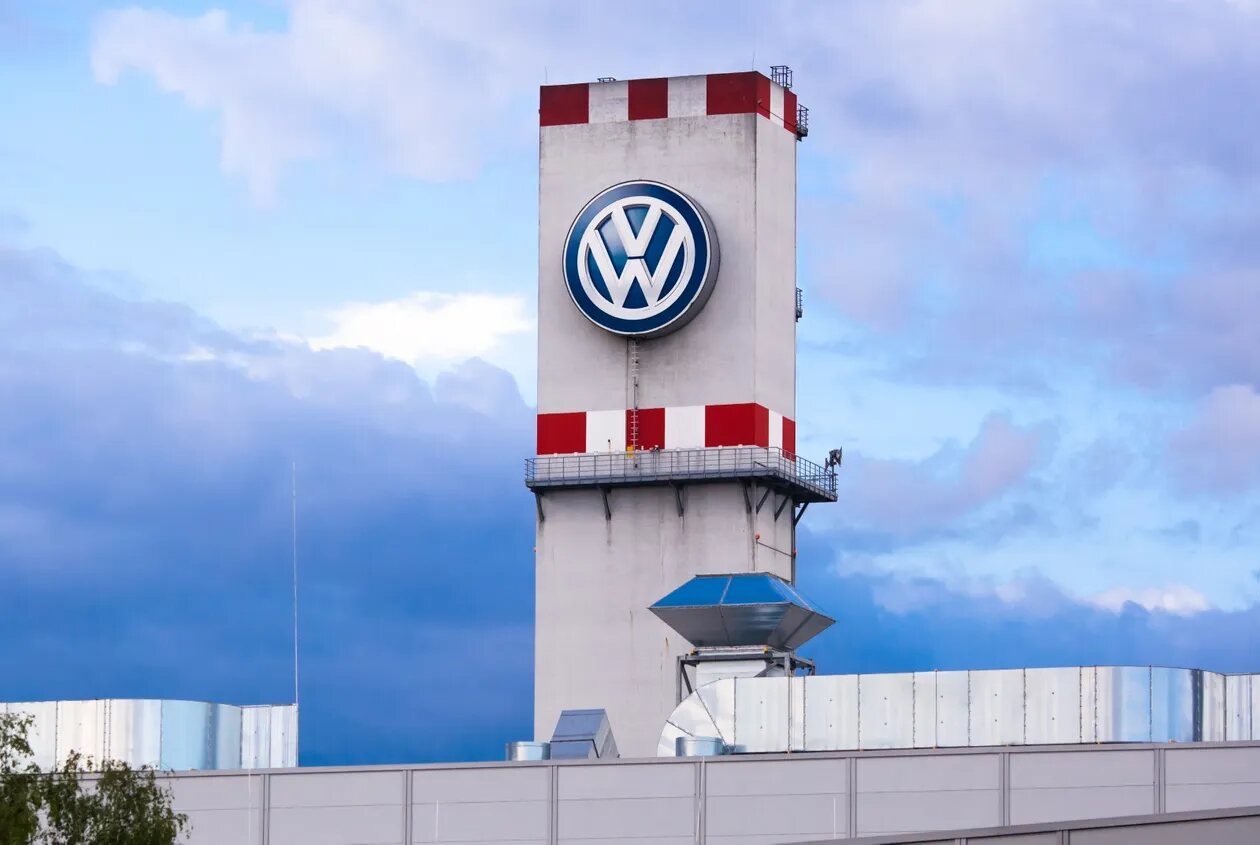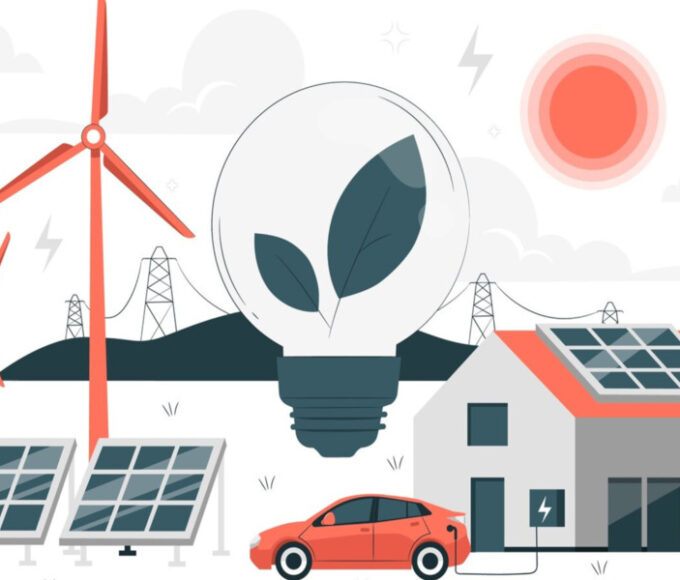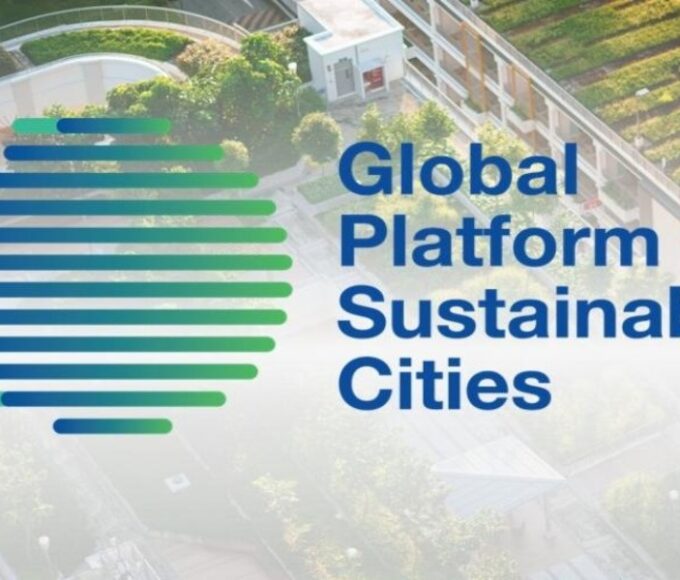Volkswagen Raises Concerns Over Trump Tariffs’ Potential Impact on the Industry
Phasellus tellus tellus, imperdiet ut imperdiet eu, iaculis a sem Donec vehicula luctus nunc in laoreet

Volkswagen has recently raised concerns about the potential negative effects that U.S. tariffs, particularly those imposed during the Trump administration, could have on the automotive industry. In a statement, the German automaker cautioned that the tariffs could lead to significant disruptions in the global supply chain and harm international trade relations.
Potential Harmful Economic Consequences
The U.S. tariffs, introduced in 2018 under the Trump administration, primarily targeted foreign-made goods, including vehicles and automotive parts. Volkswagen, one of the largest car manufacturers globally, has expressed particular alarm over the long-term impact these measures could have on trade and manufacturing in the automotive sector. According to company officials, the higher tariffs could not only increase costs for consumers but also undermine the competitiveness of U.S.-based automakers.
Volkswagen’s warning underscores a broader concern within the global automotive market. Several major carmakers, including other European manufacturers, have also voiced concerns that such tariffs could disrupt production schedules, affect pricing, and reduce consumer demand. With supply chains already strained due to the ongoing challenges in global logistics and the aftermath of the pandemic, many companies are worried about how these tariffs might exacerbate the situation.
Volkswagen has made it clear that the automotive industry needs a stable and predictable trade environment. The company believes that these tariffs could lead to a decrease in investment and innovation, particularly in emerging technologies such as electric vehicles (EVs). Volkswagen’s strategy for growth heavily relies on its commitment to EV production, and trade disruptions could hinder its ability to scale up these operations in the U.S. market.
The automaker’s caution comes at a time when tensions between the U.S. and foreign governments are still high, and the impact of protectionist policies remains a subject of debate. While former President Trump’s “America First” agenda aimed to promote U.S. manufacturing by imposing tariffs on foreign goods, the international automotive community has warned that such measures could result in retaliatory tariffs, further destabilizing the market.
The Future of Trade and Tariffs in the Automotive Sector
Looking ahead, Volkswagen has urged policymakers to reconsider the long-term consequences of tariffs, particularly as the automotive industry faces the task of transitioning to more sustainable production methods. The transition to EVs requires a delicate balance of international cooperation, and tariffs that hinder cross-border collaboration could slow down progress toward reducing global emissions. Volkswagen’s commitment to sustainability and reducing carbon footprints relies heavily on its ability to access affordable materials and components from different countries.
Industry analysts have also highlighted that the uncertainty surrounding tariffs could discourage foreign investment in the U.S. automotive sector. If foreign companies like Volkswagen face higher costs to manufacture and sell vehicles in the U.S., it could reduce the inflow of capital and technology into the American market, limiting the industry’s ability to remain competitive on the global stage.
As the Biden administration evaluates its trade policies, the fate of tariffs remains uncertain. Some experts suggest that the U.S. may look to negotiate new trade agreements with key partners, including Europe, to ease tensions and avoid further economic damage. However, with global markets still reeling from the pandemic and geopolitical tensions, the future of U.S. tariffs on automotive goods remains a critical issue for manufacturers worldwide.
Volkswagen’s warning highlights the complexity of the trade landscape and its potential to shape the future of the automotive industry. As the global market continues to evolve, both automakers and governments will need to carefully consider the balance between national interests and the need for international collaboration in order to sustain growth and innovation in the sector.
Visit Latest Magazines
Recent Posts
Related Articles
Why You Should Think About Your Domain Extension Before You Think About The Name?
Think of your domain extension like a surname—it wraps up your web...
ByGlobal Leaders ViewAugust 19, 2025Germany’s ‘Energiewende’ Initiative: A Vision for a Sustainable Future
Germany’s ambitious energy transition, known as the Energiewende, aims to shift the...
ByGlobal Leaders ViewJanuary 27, 2025Global Platform on Sustainable Cities Established
In a groundbreaking move toward addressing the challenges of urbanization and climate...
ByGlobal Leaders ViewJanuary 27, 2025Singapore’s Green Urbanism Initiatives
Singapore, known for its modern skyline and bustling urban environment, is also...
ByGlobal Leaders ViewJanuary 27, 2025















Leave a comment